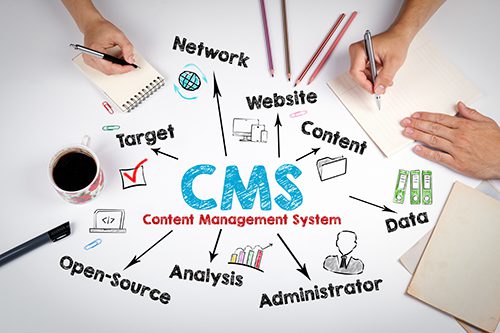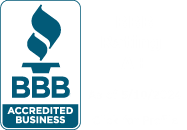What is a CMS & Why Should You Use One?
A CMS (Content Management System) is an essential tool for businesses and organizations looking to easily manage their content online. It provides a platform to create, store, manage, and publish content in a central and organized location. CMSs are becoming increasingly popular due to their ability to streamline content management processes and allow users to quickly update, edit, and publish content on their websites and other digital channels. This article seeks to explain What is a CMS and Why Should You Use One?
1. What is a Content Management System (CMS)?
A Content Management System (CMS) is a software platform that allows users to easily create, manage, and publish website content. It provides a user-friendly interface allowing users to quickly and efficiently create, edit, and publish content without needing to know any coding or design skills. Other features of a CMS include support for multiple users, allowing collaboration on content creation, and the ability to track and manage content revisions. With a CMS, users can quickly and easily create and manage content for their website, ensuring a professional and engaging experience for their website visitors.
2. Benefits of Using a CMS
A content management system (CMS) is an invaluable tool for businesses and organizations of all sizes. A CMS allows users to easily create, edit, and manage web content, such as webpages, blog posts, and other types of digital media. A CMS can save businesses and organizations both time and money by providing a platform to quickly and easily update and publish content. Additionally, many CMSs provide features such as built-in analytics, user management, and search engine optimization, which makes it easier to monitor and optimize the performance of websites. A CMS also allows businesses to access and control their content from anywhere, making it much easier to manage and update content quickly and efficiently. Lastly, CMSs often come with various customization options, making it easy to create a unique and branded website that reflects the company’s values and goals. In summary, a CMS is a powerful tool for businesses and organizations of all sizes, providing time-saving features, enhanced control, and customization options.
3. Popular CMS Platforms
Popular Content Management Systems (CMS) are web-based applications that allow website owners to manage their content without having to learn how to code. The most popular CMS platforms are WordPress, Drupal, and Joomla. WordPress is the most popular, with a market share of more than 60%, mainly due to its ease of use. Drupal is an open-source and highly customizable platform, used mainly by developers and enterprise-level businesses. Joomla is an open-source, feature-rich platform that offers a range of tools and features for website owners. All three of these CMS platforms are popular for their user-friendly interfaces and the ability to quickly and easily create, edit and manage websites.
4. How to Get Started With a CMS
Getting started with a content management system (CMS) can be a daunting task. A CMS is a computer program that enables users to create, manage, and publish digital content. It is used by businesses and organizations to create websites, blogs, and other digital resources. To get started, you will need to first decide on the CMS that best suits your needs. There are many options available, such as WordPress, Drupal, Joomla, and Magento. Once you have chosen the right CMS, you can then begin the installation process. This includes setting up the server, configuring the database, and installing the software. After installation, you will need to create a user account, design the website, configure the settings, and add content. With a little bit of research and patience, you can easily get started with a content management system.
In conclusion, a Content Management System (CMS) is a powerful tool for creating and managing websites that can be used by non-technical users. They offer many benefits such as improved security, efficiency, cost savings, and scalability. Popular CMS platforms include WordPress, Joomla, and Drupal. To get started with a CMS, it’s important to first identify the type of website you want to create and then find a platform that meets your needs. With the right CMS, you’ll be able to quickly and easily create a website that will make a lasting impression on visitors.






